As debuts go, Monsters and Men is a striking, and profound piece of cinema for Reinaldo Marcus Green, as the New York born filmmaker tackles race and politics, in this three-act character drama that delves into the theme of police brutality in the United States. To mark the film’s release Hot Corn had the pleasure of speaking to the man himself, on what it means to be black in America in a modern climate. He also discusses the power of cinema and how vital it is films tackle these pertinent issues, and the need for nuance in current debates. He also tells us how Robert Redford popped by on set, and gave him some rather important advice…
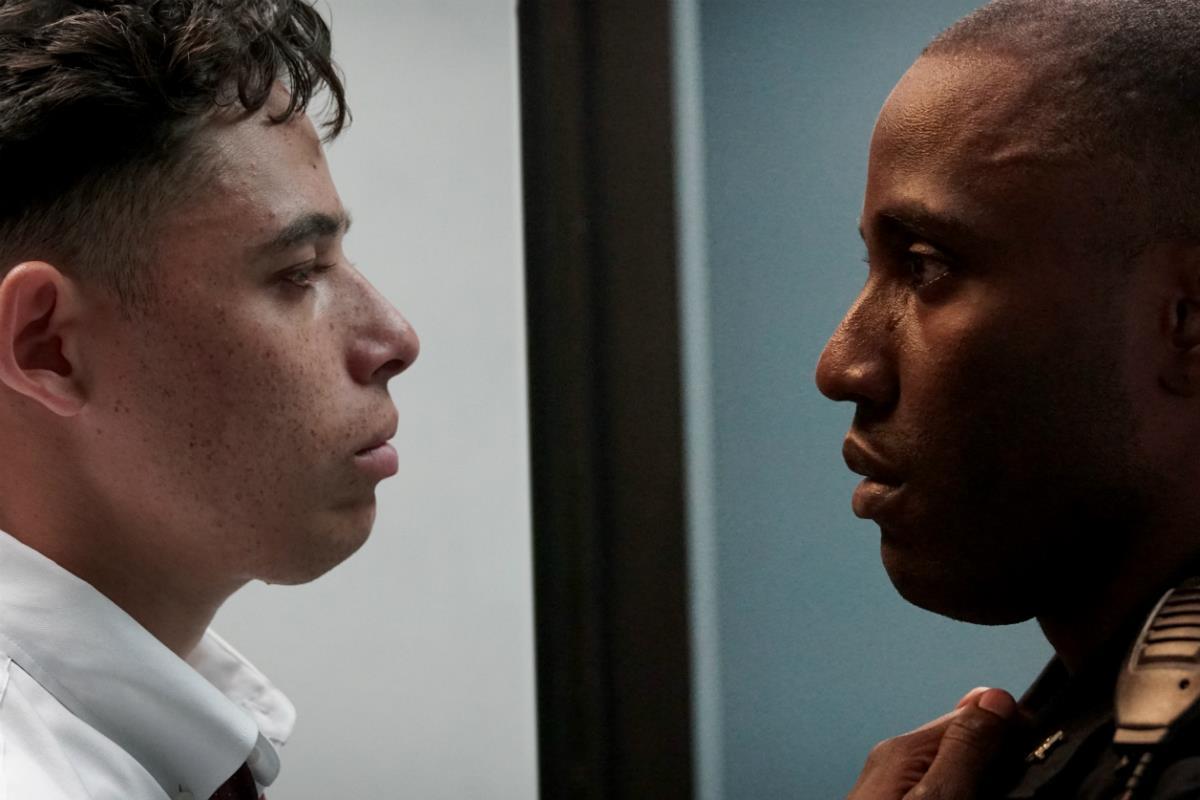
So where did the idea for Monsters and Men come from?
I made a short film in 2015 called Stop, and it’s online you can look at it, it’s almost shot for the shot the same movie as the third section of my film, of a young African-American teenage kid walking home from practise and he gets stopped by the police. That short film got into Sundance, and in it I cast a real New York City police officer who is also a friend of mine, we grew up together in Staten Island. Fast forward when we got the short into Sundance and we were celebrating and we were so excited, and he was watching it with me, and for whatever reason we started talking about the Eric Garner case, it was like 2am and we were eating pizza, we’d just finished our premiere and one thing led to another, and we saw two totally different things when looking at that video tape. What ended up becoming the dinner scene in the film, was a real conversation I had with my friend that night. It was one of the most powerful conversations I’d had and it was one of those things where I wasn’t thinking about taking my short film and turning it into a feature, but that conversation I’d had allowed me to think about a way to expand that short, using this idea of perspective, and so that night was where the tryptic structure was born, and six months later I sat down to pen the first draft of the script, and the rest is history.
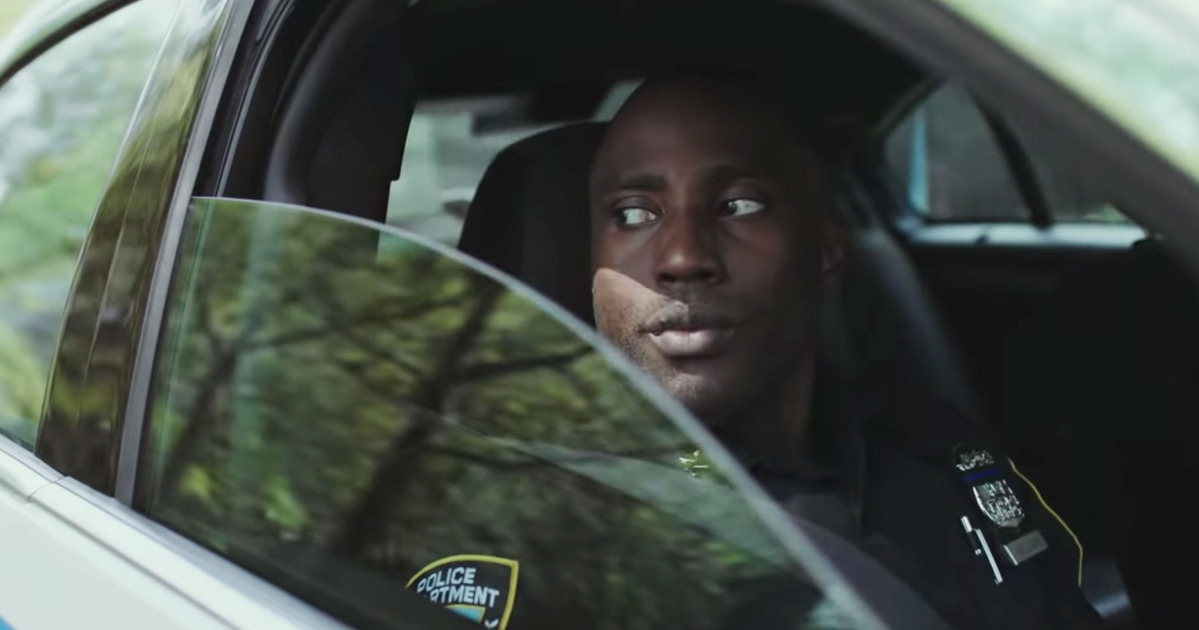
The film does study themes we’ve seen before, but in such a fascinating way, with so much complexity. It’s a film that can be interpreted in many different ways – it must be fulfilling to make a film that really makes the audience think?
Yeah, I grew up with a father who was an attorney, and so no matter how right I felt I was about something, he was able to always offer a rebuttal, or another way of looking at something. Having that in my household, we were never right, nothing was ever 100%. So I think I grew up with that, to look at things holistically, let’s look at all the facts of the case. So having that in my household growing up, it translates into all the careers I’ve had, even before filmmaking, whether I was a teacher, when I was working on Wall Street. In film it definitely allows me to offer a perspective that is unique to me and my upbringing. I’m half black, half Puerto Rican, I grew up in New York City in a single parent household, and all these things are a factor into my taste and how I like to tackle things, if you will.
In this film in particular I was interested in the grey area, I was interested in moving beyond finger pointing. That’s where our politics lie right now, if someone disagrees with you, you just pretend their view doesn’t exist and we sort of create these safe bubbles around everybody that thinks like us. I don’t know if that is necessarily the healthiest thing. In America, that’s how Presidents are elected, when we don’t think it’s possible that anybody else could potentially be thinking differently than us, and so I think we have to be careful to stay balanced, to remain open, and in order to tackle real change you have to be that way. You can’t always condemn and point the finger, sometimes we have to self-reflect, and there’s a lot of that in the movie, to get a lot of the mirror reflections. There’s a lot of that ‘I am you, you are me, I am Darius Larson’. That reflection is us. Sometimes we have to look at ourselves and say, ‘hey, am I doing everything that I can in this situation?’.
I still believe when looking at a video like Eric Garner, that he should be alive, 100%. But if I just ignore the fact that there is another viewpoint there, we may not be able to move beyond the fact that this is how these situations end up, and I think somehow we have to understand it, we have to understand how we got to that point, we have to understand the psychology behind some of these situations, so that we can be better prepare ourselves and better arm ourselves in these situations, so I think it is important, even at a baseline that we are just knowledgable that this is how these situations can end up, and this is how the other side thinks.
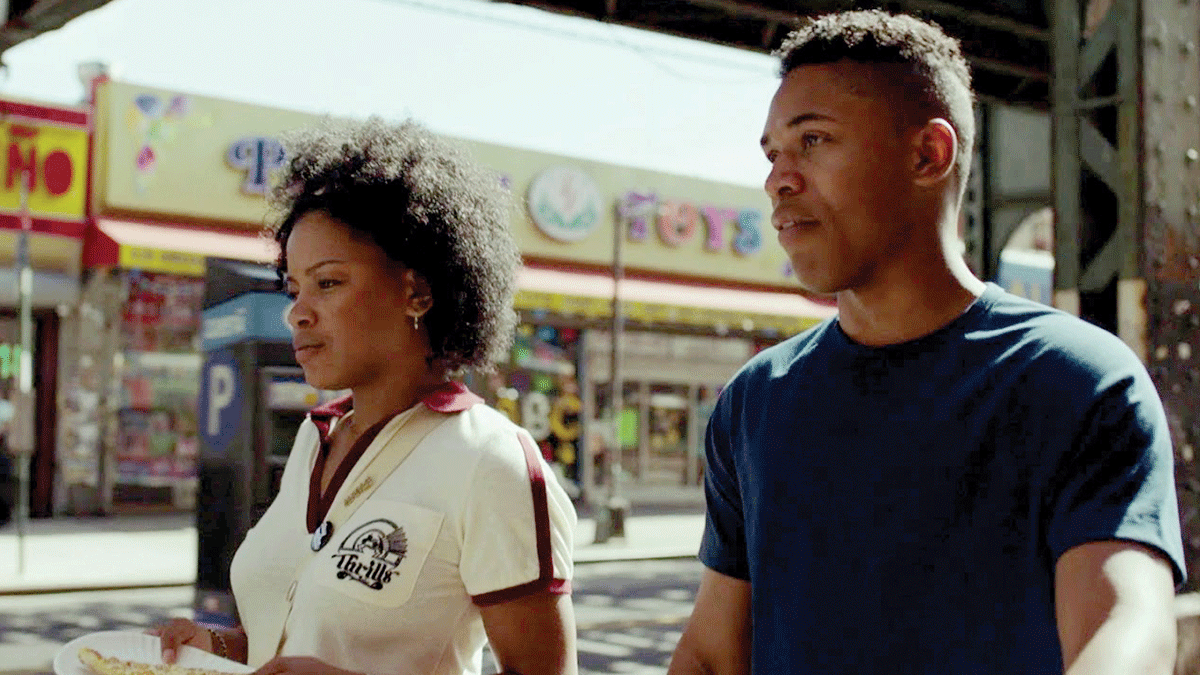
That sense of empathy is prevalent in this movie – was that very important for you?
Yeah 100%. You think about your best your favourite movies, the bad guys are not the bad guys. They’re complicated, you know. Anytime you have a one-dimensional character I find it to be quite boring. Oh he’s just mean and angry. Sometimes in an action movie you wait for that guy to show up and that’s okay, but I feel like, in particular with this movie, when we’re sort of fictionalising true events, when it feels so current and so real and close to home, I felt that we needed to stay true to those situations. I think a lot of police officers sign up to the job to do the right thing, and I think they do in their heart of hearts, but the institution is broken and so a lot of times it’s stacked against you, and then what do you do? What do you do when the machine that you work for has some issues? But that machine pays your bills, that machine allows you to put food on the table. It can allow to you ignore certain things that might be going on that you feel as an individual you really can’t do much about. I think it’s complicated, and I don’t think it’s right, and we have to find a way to engage with subject matters like this, I don’t think this is just one way, I’m really a fan of all the movies that have come out and tried to tackle it. Ultimately I think that if we reduced the number of unarmed the number of black men and women who are killed at the hands of the police, then we’re moving in the right direction. That is what I want to see happen. I want to see a kid like Tamir Rice live past 12 years old. I don’t necessarily have the answer but I do know that if we begin to engage in meaningful dialogue it will allow us to move past where we currently are.
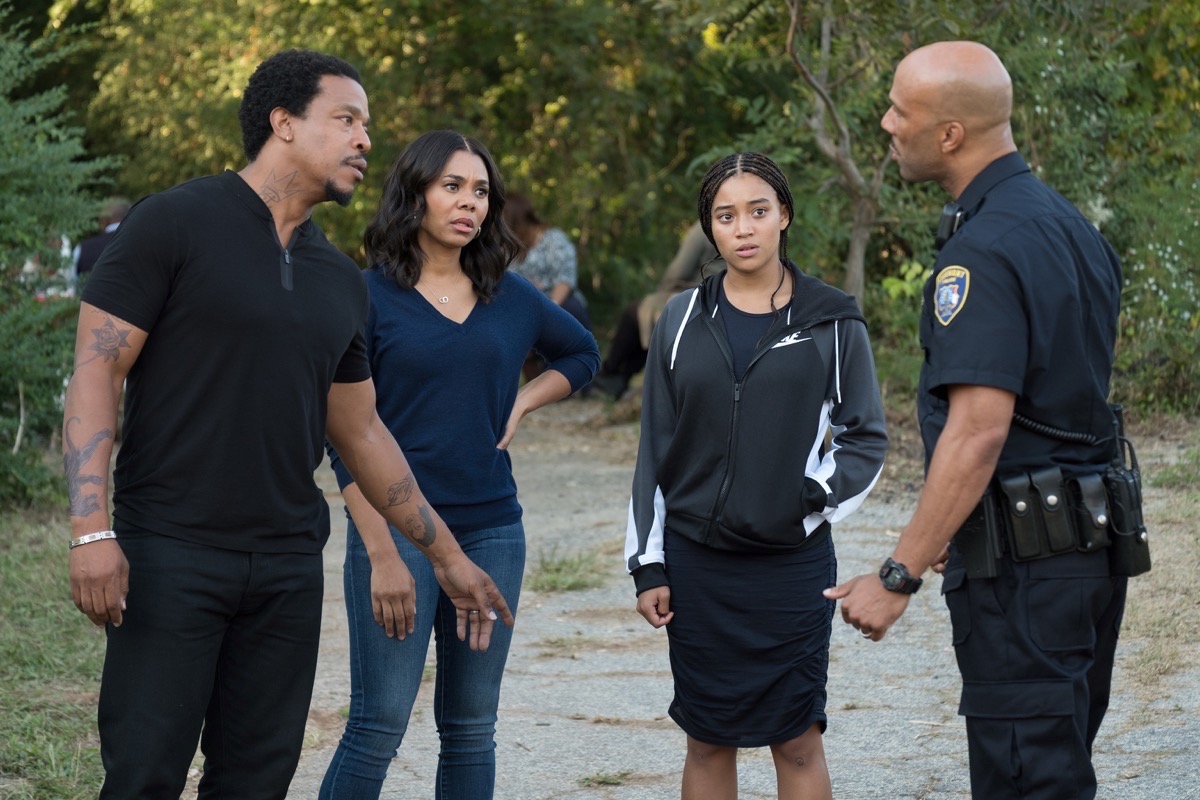
Can cinema help in that regard then do you think? With films like this, and The Hate U Give and even Widows touches upon these themes, it’s being explored by filmmakers. What is the role of the arts in tackling these issues, and what difference can it make?
Yeah, absolutely. I feel like music and cinema are our ways to say, hey, look at how many people to support this movie, look at how many people find these issues to be important. People know about these things, people read about these things and hear about them, so for a lot of the moviegoers they want to be entertained, they want to find something new, and is there a way for us to find that? But in terms of the appetite for the film, it shows you where people’s heads are at. It’s showing that it’s an important issue, and important enough for people to buy tickets and fill up movie theatres, so I definitely raises eyebrows and makes people think twice. Listen, policies have been changed in New York City alone. It used to be ‘stop and frisk’ and now it’s ‘stop and question’. If a police officer pulls you over now they have to give you a business card and identify themselves, and in that split second you can save a life. Now did that happen because of one movie or people just being aware? I don’t know. But it definitely didn’t hurt. I think anything to call attention to these issues, whether it be film, music, in any art form, I think it’s great. Artists have been tackling issues like this for years, you know, they’ve been finding ways to communicate the issues that are important to them, and cinema is one major way that we can do that, and have it in the mainstream, to really tap into the zeitgeist. I think all of these films that are happening about similar subject matters are all saying that we need to do something. As a country, and as a nation, to make sure that we are addressing these issues, and 100% you will see policies and laws change because of it, so it absolutely does have the power to really change things and move things in the right direction.
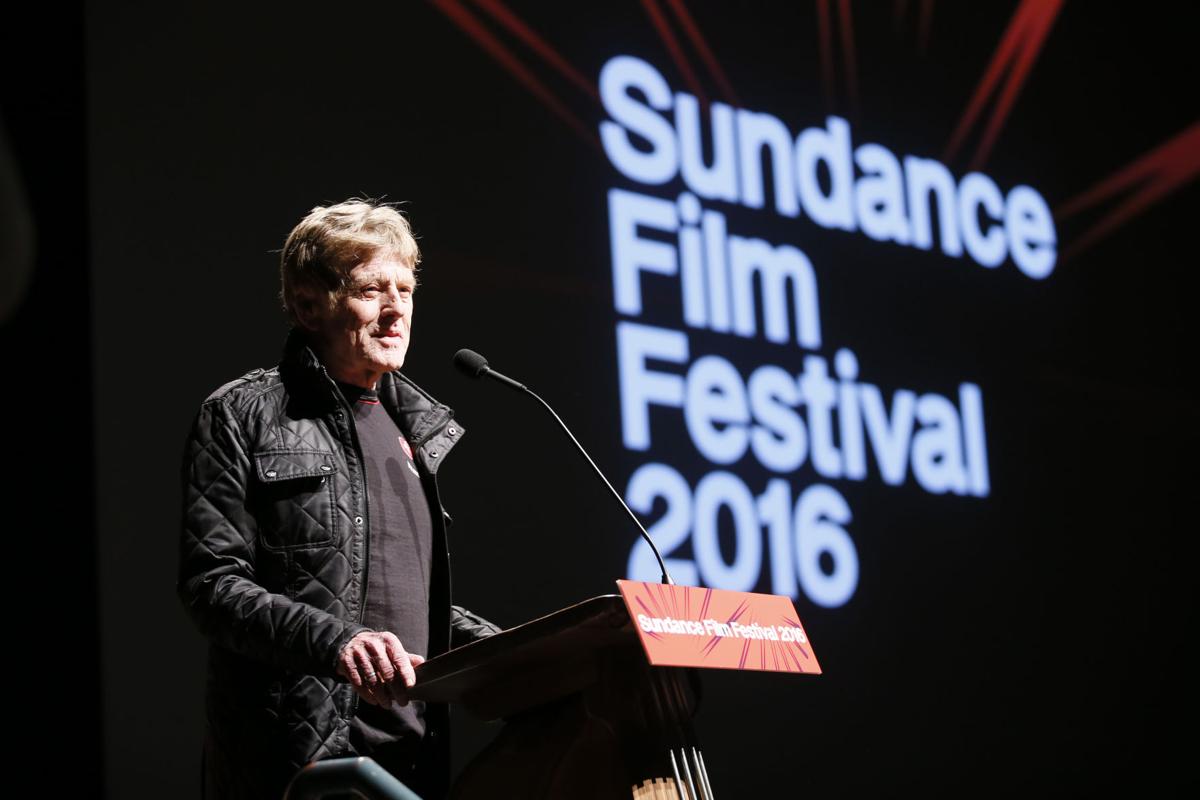
One of the scenes that really stuck with me was the opening scene, where John David Washington is pulled over by a cop. For yourself, as a black man living in America, is that sense of anxiety, and feeling threatened by law enforcement, something that you have to carry with you at all times? Without doing a single thing wrong, you can find yourself in an unwanted situation.
100%, and I think that the reality of being ‘other’, and I won’t just limit this to black people, it’s the same for Latino people and Asian people, and especially in our country with immigration, if you’re ‘other’, you are always a little apprehensive when you saw law enforcement. Which is not necessarily a good thing, it’s just historically how it’s been portrayed in the media. Like, who are the people that are behind bars? Who are the people getting locked up? Who are the people being arrested constantly? So you just have a fear, even when you’re not doing anything wrong.
Treyvon Martin was walking home in his own neighbourhood, not playing loud music, not running, not doing anything, and was apprehended by a guy who wasn’t even a police officer, he was a security guard off-duty, because he thought that the young gentleman might’ve been doing something wrong. He wasn’t doing anything. Now whether he had done something wrong before that, or if he was getting ready to go and do something wrong, I don’t know. But in that moment, he was just walking in his own neighbourhood. That’s what our country is. I’ve been pulled over before and my heart rate stops. It doesn’t make any sense. I have two masters degrees and I’m not doing anything wrong or breaking any laws, but when I get stopped I know that in this moment if I say the wrong thing, or if I move in the wrong way, first of all I could get arrested, which would give me a record and stop my ability to work, or I could lose my life. I know it sounds crazy. But I have been pulled over before for a speeding ticket with my brother and I literally thought I was going to lose my life. Yes, we were speeding. We were breaking the law by 10 miles over the speed limit, but what could’ve just been a ticket, became a situation where literally my heart was racing a thousand beats per minute, thinking that this could be it. I’m going to die on the side of the road in Virginia, next to my brother. And I’m sure a lot of people feel that way. It’s not right.
We have to get to a place where I don’t look at the blue uniform and want to run the other way. They are there to help us, and I know that there are lots of good police officers, men and women who are doing the right thing, and I feel like as young kids growing up, they should know their neighbourhood police officers, they should be friendly, they should know their names. They should feel like they’re there to protect them, that they are safe, that they’re on their side. Maybe that’s a utopian view of how I see things, but I feel like that is the way it should be. Again, there are those police officers out there who are already doing that, and there are certain communities around the country that do that well, but as a whole, I think that things really, really need to change.
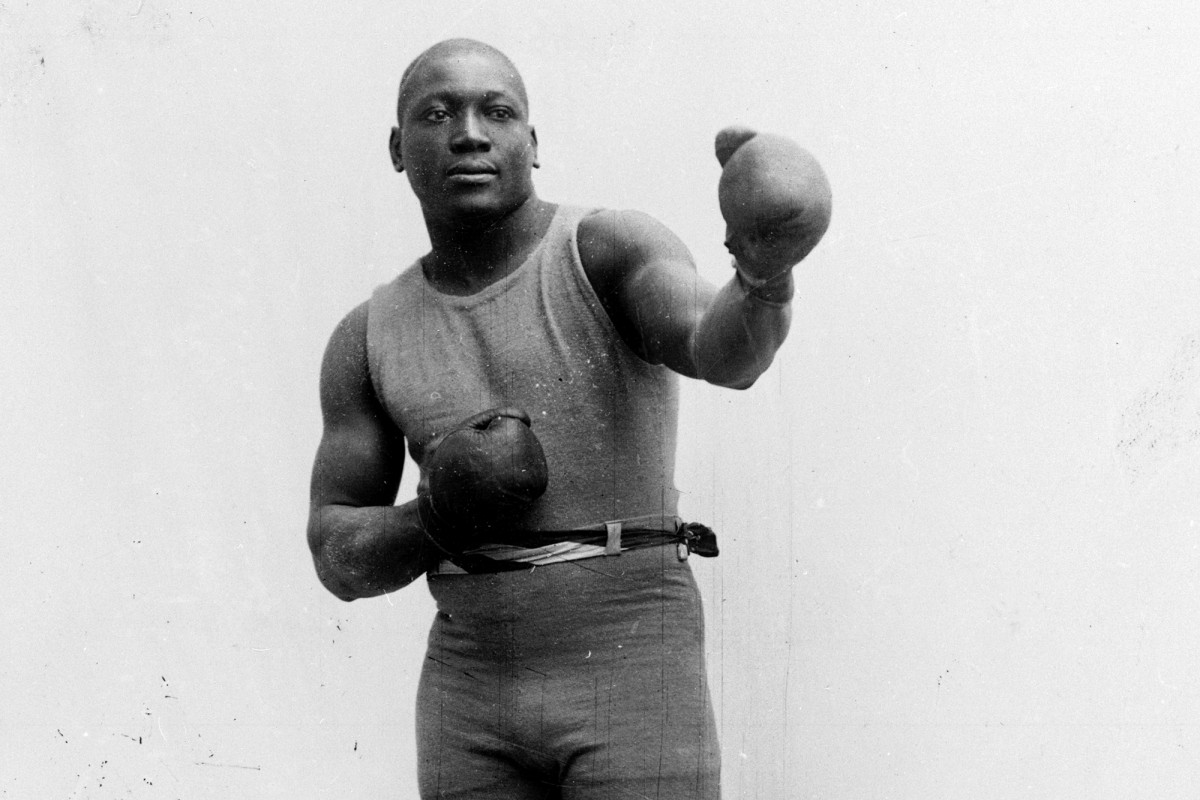
A lot of the attention in this movie is going towards John David Washington, who is great, but for me, I felt the standout performance here was Kelvin Harrison, Jr. I’ve been following his career a while and I truly think he is one of the most exciting young actors in the world. Do you predict a big future for him?
Well yeah, absolutely. It’s funny because I was invited into the editing suite of another movie while I was casting this film, and they’d also cast Kelvin as their lead. So as were in the same agency they said I could go in and look at a couple of frames. I looked at one frame of his face and thought, whoa, this kid is special. That was the first thing that I thought. Little did I know he had zero athletic ability whatsoever, and it’s hilarious because he’s supposed to be a first class athlete, a potential Major League Baseball player. But that goes to show you the talent that he has, that he was able to say, hey I can take on this role. He couldn’t dribble a basketball, he couldn’t swing a bat or throw a ball, but he can make us believe that he can. He really is a very young budding actor who is about to blow up. I think he already has. Obviously now he has to make some smart choices and be selective about the things that he does, but I think he can do anything. He’s really expressive with not a lot. He’s able to internalise things, and to tap into a deep, emotional and vulnerable place. He was really exciting to work for. He was more method than the other two, John David and Anthony, he had a different style, more on the method side, but he was really able to give me what I was looking for in the role, and more. He really brought out things that weren’t on the page. I agree with you, he could be the next Will Smith, or whoever he wants to be, he could definitely be on that main stage. He’s so young, the camera loves him, and he was a real joy and honour to work with.

From the new to the old… I was reading that Robert Redford stopped by on set and gave you some good advice. How did that all come about?
Yeah so Robert Redford started the Sundance institute, which is now the film festival, and every summer they select eight directors to come to the director’s lab, sponsored by Sundance, and you get to workshop some scenes from your film. In New York on low budget indies you don’t really get rehearsal time, it’s just kind of show up and shoot. There you really get three weeks in the mountains of Utah in a safe space with advisors, and Robert Redford was one of them, because it is his programme. So he was floating about, and it was hilarious because I had a half hour lunch with Robert Redford and I forgot. I don’t know, but somehow it wasn’t on my schedule, and I was half hour late to a lunch… with Robert Redford. But I showed up and he was really cool, and thank God we were eating hot dogs that day because we just started talking baseball, because I was a baseball player, and he played ball too and we really hit it off and it was a great moment.
In that lunch he told me he would stop by my set, and so he came by, and he watched maybe 10-15 minutes and he just sat there and watched me as I was blocking the scene and he asked me after that, ‘what is the mirror meaning in the movie? What does the mirror mean to you’. And I know it sounds crazy, but I didn’t really have an answer. I was like, um, ah… reflection? And he told me that was the heart of my movie, that is what my film was about. And that was it. He shook my hand and walked off and I think he’s right.
Those moments of reflection, those moments when the pivotal characters are looking at each other, they are a mirror reflection of ourselves. John David is looking at Anthony like you are me and I am you. We are the same people. We’ve never really met, I know who you are, but we share a similar experience, and if we can take a moment to put ourselves in someone else’s shoes, and empathise with them, to take a minute and know what it’s like, to be on that side, I think a world would be a better place. We have that moment of reflection, we do have the mirror, and I’m grateful for that, because it definitely helped me as I was shooting the film, to really think about that, I had something to go into the shooting process of the film with, knowing in the back of my mind that I had an anchor, I knew that my movie was about reflection, I knew it was about perspective. It was a constant reminder when I was on set to realise that every scene was about that, every single scene, whether it be the opening scene with John David looking at the mirror, every scene becomes about that one thing, and I was just grateful that he asked me that question, and I hope to carry that with me in my future films.
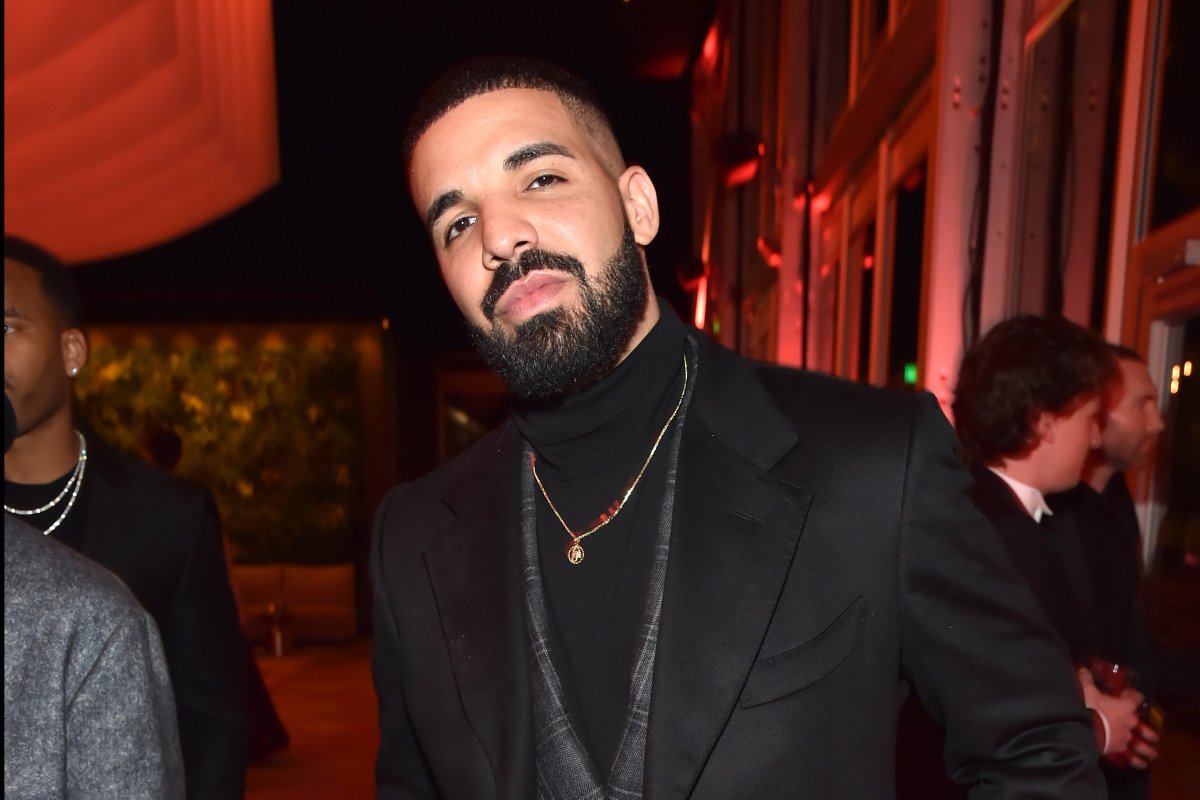
So what’s next for you? I was reading about a Jack Johnson project, which would be great – what a story. Is that the one you have lined up, and have you started casting?
Well it looks like I am sneaking another film in, in between. I don’t know if I’m able to talk about that yet, but it’s a very touching father-son story that came to me and I felt like I really have to do it. I am working on the Jack Johnson project, in my heart I hope the film gets made, I am going to do everything in my power to make sure that happens. I can’t wait to bring his story to life, Jack Johnson was an incredible man who was basically Ali before Ali, and a lot of people don’t know his story. It’s as relevant today as it was then, he was literally and figuratively fighting for his life. It’s timely, it’s topical, it’s important, it’s historical. It’s got everything that I love about movies, and yeah, I love a good boxing film, so I’m excited to take that one on.


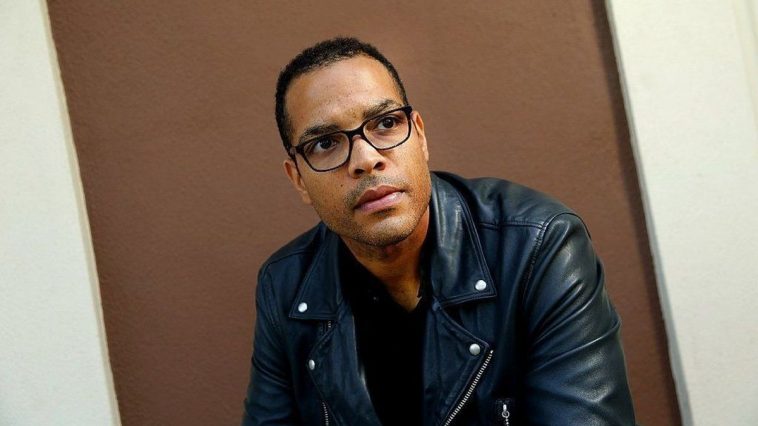
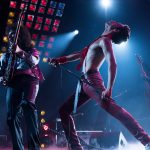




Leave a Comment